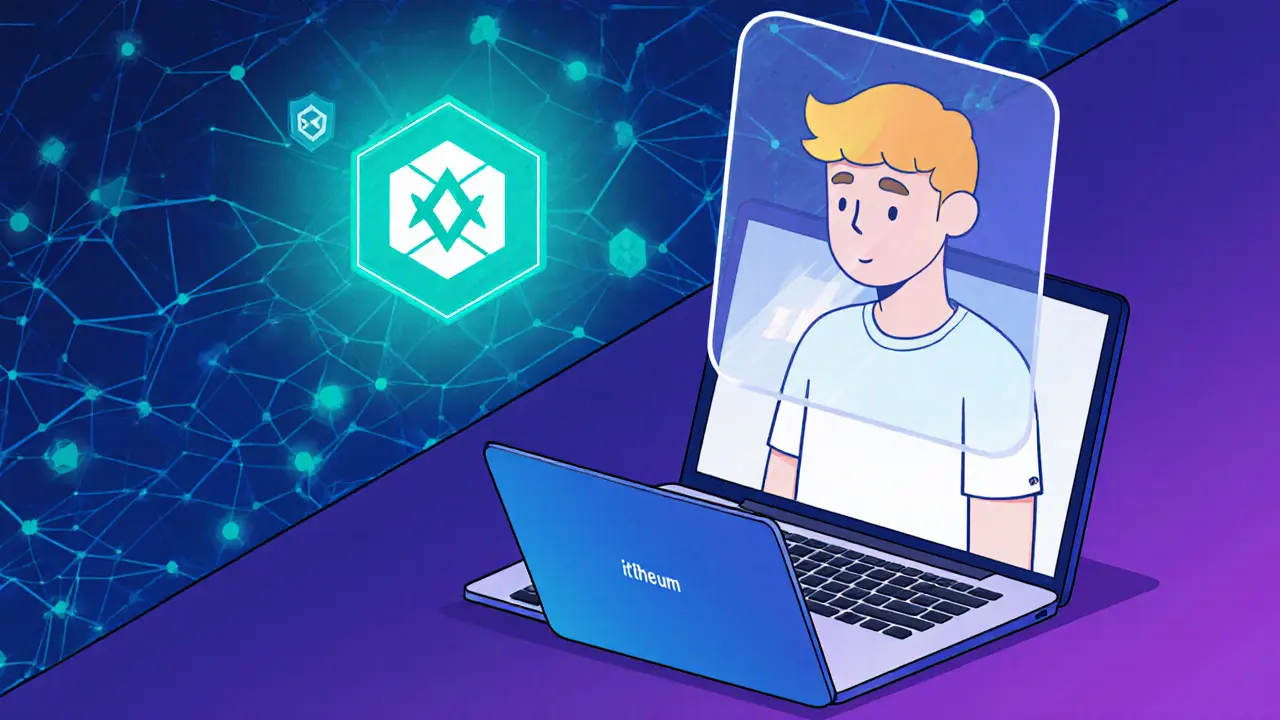Data Marketplace: How Blockchain is Shaping the Future of Data Trading
When working with data marketplace, a platform where digital assets and information are bought, sold, or leased using blockchain technology. Also known as data exchange, it lets providers monetize raw or processed datasets without a middleman.
The data marketplace is more than a simple storefront. It brings together data creators, consumers, and validators in a single ecosystem where trust is built into the code. blockchain, a decentralized ledger that records transactions securely and transparently acts as the backbone, ensuring every sale, lease, or licensing deal is immutable and auditable. This means no need for costly intermediaries and instantly verifiable provenance for every dataset.
One of the biggest game‑changers inside this space is tokenized data, data that has been wrapped into a blockchain‑native token, enabling fractional ownership and programmable royalties. Tokenization turns a massive, unwieldy dataset into tradable units that can be bought in tiny slices, just like a share of stock. For example, a climate‑sensor network can issue tokens representing hourly readings, letting researchers pay only for the data they need while ensuring the producer receives a continuous revenue stream.
Another related force is decentralized finance (DeFi), a suite of open‑source financial protocols that run on blockchain without traditional banks. DeFi provides the liquidity pools and automated market makers that power data marketplaces, enabling instant settlement and dynamic pricing based on supply and demand. When a new dataset hits the market, smart contracts can automatically adjust token prices, distribute fees, and even trigger staking rewards for early adopters.
Regulatory compliance is a practical reality that shapes how data marketplaces operate. Policies around data privacy, cross‑border transfers, and sanctions dictate which datasets can be listed and who can access them. For instance, platforms that serve users in sanctioned regions must embed real‑time compliance checks to avoid illegal transactions. This blend of technology and law creates a layered risk environment that savvy participants must navigate.
Across the ecosystem you’ll also find specialized tools such as privacy‑focused exchanges, AI‑driven data indexing services, and token‑based incentive mechanisms. These tools enable creators to protect sensitive information while still making it valuable for analysts, traders, or AI models. By combining on‑chain provenance with off‑chain encryption, the market can support high‑value datasets like medical records or proprietary financial signals without exposing raw data.
All of these pieces—blockchain’s trust layer, tokenized data’s flexibility, DeFi’s liquidity, and compliance safeguards—form a tightly knit network. As a result, the data marketplace is becoming a go‑to venue for everything from real‑time market feeds to niche scientific observations. Below you’ll discover articles that dive deeper into each of these topics, offering practical guides, case studies, and up‑to‑date analysis to help you navigate this fast‑moving space.
Itheum (ITHEUM) Explained: What It Is, How It Works, and Who Should Care
Itheum (ITHEUM) is a Solana‑based data marketplace that tokenizes personal data as NFTs. Learn how it works, its tokenomics, use cases, and how to start earning.
read more

